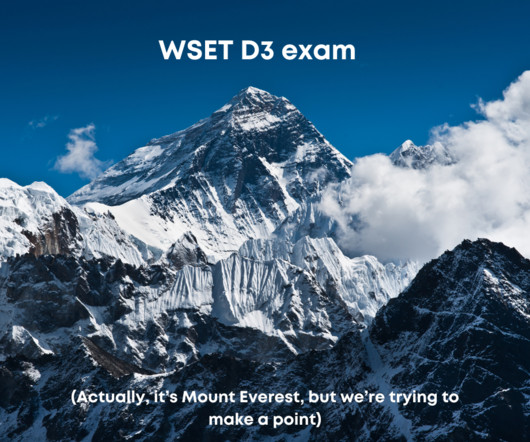Jeff Bezos Wants to Go to the Moon. Then, Public Education.
Edsurge
JANUARY 21, 2021
While Google, Microsoft and Apple have been pursuing their ambitions in K-12 and higher education for more than a decade, Amazon has mostly remained at the sidelines. These learning centers look less like classrooms and more like co-working spaces, with lounges, group meeting rooms, individual study spaces, playgrounds and makerspaces.
















Let's personalize your content